
Professor Dr. Le Hong Ly said that folk culture is mother culture and needs to be preserved and nurtured - Photo: T.DIEU
The national scientific conference "Vietnamese folk culture and arts after the country's reunification (1975-2025)" took place on October 18 in Hanoi. The conference and folk culture performance were organized by the Vietnam Folk Arts Association on October 18 and 19 with the participation of many researchers and artisans from across the country.
Folk culture is the original culture, the mother culture.
At the workshop, Prof. Dr. Le Hong Ly - Chairman of the Vietnam Folklore Arts Association - and many delegates affirmed the great role of folk culture. He affirmed that folk culture is "original culture", "mother culture", that is, the culture that originates, produces and nurtures later highly developed forms, such as professional culture...
If artists know how to exploit this "mother culture" in their professional creations, they can achieve great results.
For example, in the music field, recently Hoa Minzy and Duc Phuc have brought folk culture into modern musical works, promoting Vietnamese culture while at the same time preserving and developing national cultural identity and have achieved great success...

Quan ho performance within the framework of the workshop - Photo: T.DIEU
Professor Le Hong Ly also affirmed that Vietnamese folk culture and arts developed strongly after 1975, both in the collection, dissemination and teaching. Many folk cultural heritages were collected, restored, recorded and practiced in daily life.
There are heritages that were once considered superstitious, but have now become world cultural heritages such as "The Vietnamese Mother Goddess Worship Belief", or the collection of a huge collection of Central Highlands epics after the war, admired by the whole world; or the collection and restoration of folk cultural heritages across the country ...
According to Professor Dr. Le Hong Ly, the development of technology is a big challenge for folk culture, because the space and living environment of folk culture in the countryside is increasingly narrowing.
Customs, practices and folk cultural heritage of the nation, from religious rituals, festivals, to folk songs, folk dances... are facing the risk of being lost, posing a great responsibility for those who work in collecting, researching and preserving cultural heritage, folk arts, as well as the responsibility of managers in the process of planning and building policies.
People never avoid
The speech by Mr. Tran Duc Ngon - former Principal of Hanoi University of Culture, on the topic of modern Vietnamese folk literature received special attention at the conference because of its practicality and closeness. Every time he read satirical folk poems, the whole hall burst into laughter.
Mr. Ngon discusses the characteristics and properties of modern folk literature (from 1945 to present).

Associate Professor Dr. Tran Duc Ngon has interesting analyses of modern Vietnamese folk literature - Photo: T.DIEU
According to Mr. Ngon, since the 1970s there have been satirical poems circulated, creating anti-corruption public opinion among the masses, but now there are not many.
Associate Professor Tran Duc Ngon affirmed that this is a phenomenon that is a law of folk culture in general and folk literature in particular. That is, where scholarly literature develops, folk literature is pushed back.
In this case, we must talk about culture more broadly, not just literature. According to Mr. Ngon, since the Party and State resolutely fought against corruption, scholarly culture has performed its functions and duties with high efficiency in the fight against corruption.
Scholarly culture here includes the Party and State's policies, the media and press system, and cyberspace.
Meanwhile, the Party and State's policies are very resolute: "Thus, this is not an avoidance of modern folk jokes and satirical poems. People never avoid it, this is a matter of law," Mr. Ngon said.
Source: https://tuoitre.vn/van-hoa-dan-gian-la-van-hoa-goc-van-hoa-me-2025101821561053.htm


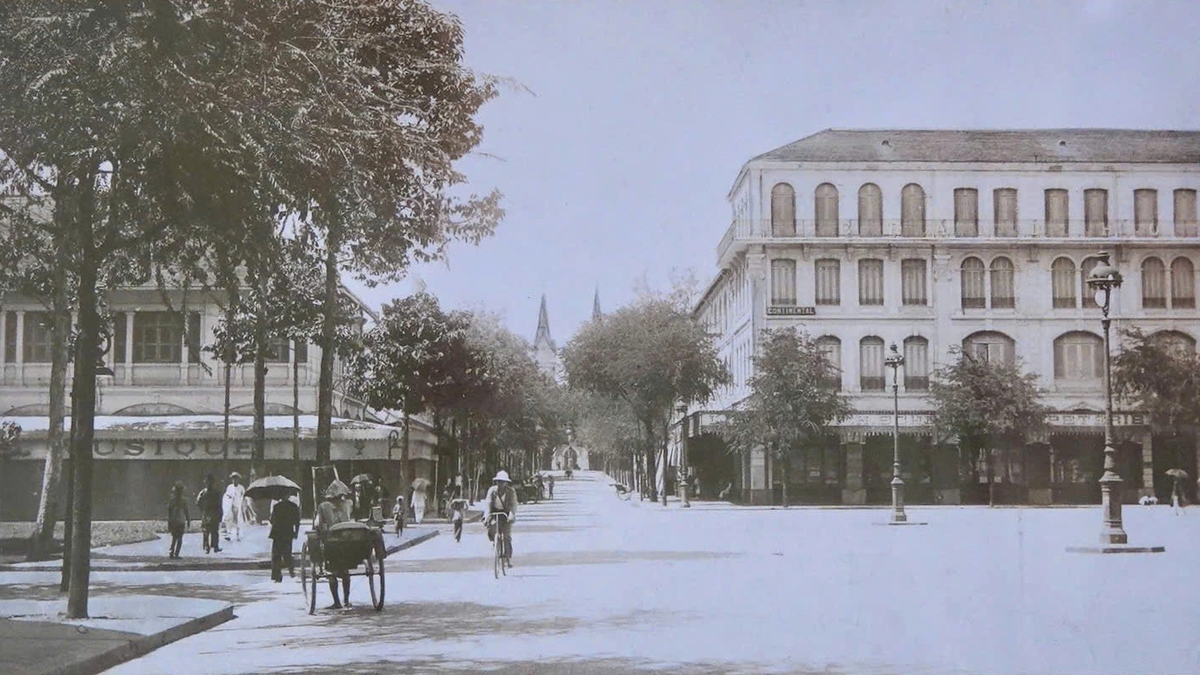
![[Photo] Chairman of the Hungarian Parliament visits President Ho Chi Minh's Mausoleum](https://vphoto.vietnam.vn/thumb/1200x675/vietnam/resource/IMAGE/2025/10/20/1760941009023_ndo_br_hungary-jpg.webp)
![[Photo] The Steering Committee of the 2025 Fall Fair checks the progress of the organization](https://vphoto.vietnam.vn/thumb/1200x675/vietnam/resource/IMAGE/2025/10/20/1760918203241_nam-5371-jpg.webp)

![[Photo] National Assembly Chairman Tran Thanh Man holds talks with Hungarian National Assembly Chairman Kover Laszlo](https://vphoto.vietnam.vn/thumb/1200x675/vietnam/resource/IMAGE/2025/10/20/1760952711347_ndo_br_bnd-1603-jpg.webp)
![[Photo] Solemn opening of the 10th Session, 15th National Assembly](https://vphoto.vietnam.vn/thumb/1200x675/vietnam/resource/IMAGE/2025/10/20/1760937111622_ndo_br_1-202-jpg.webp)
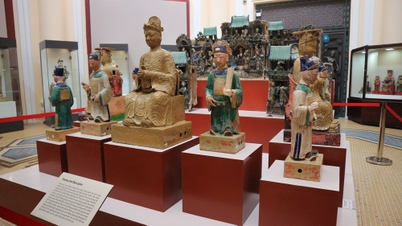



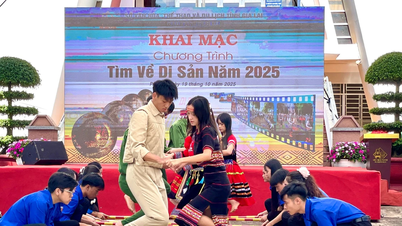









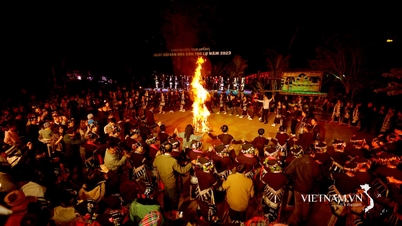





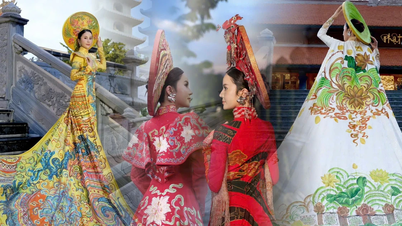
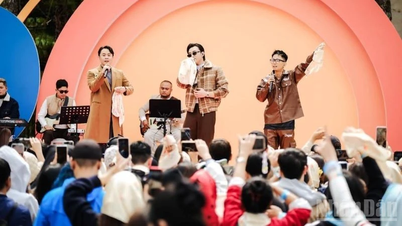




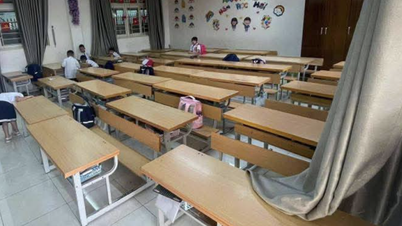

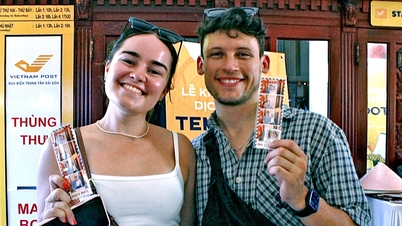
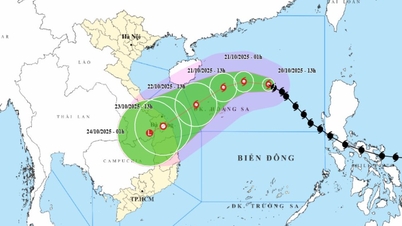
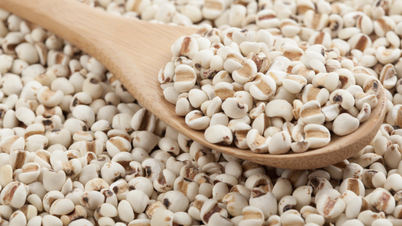


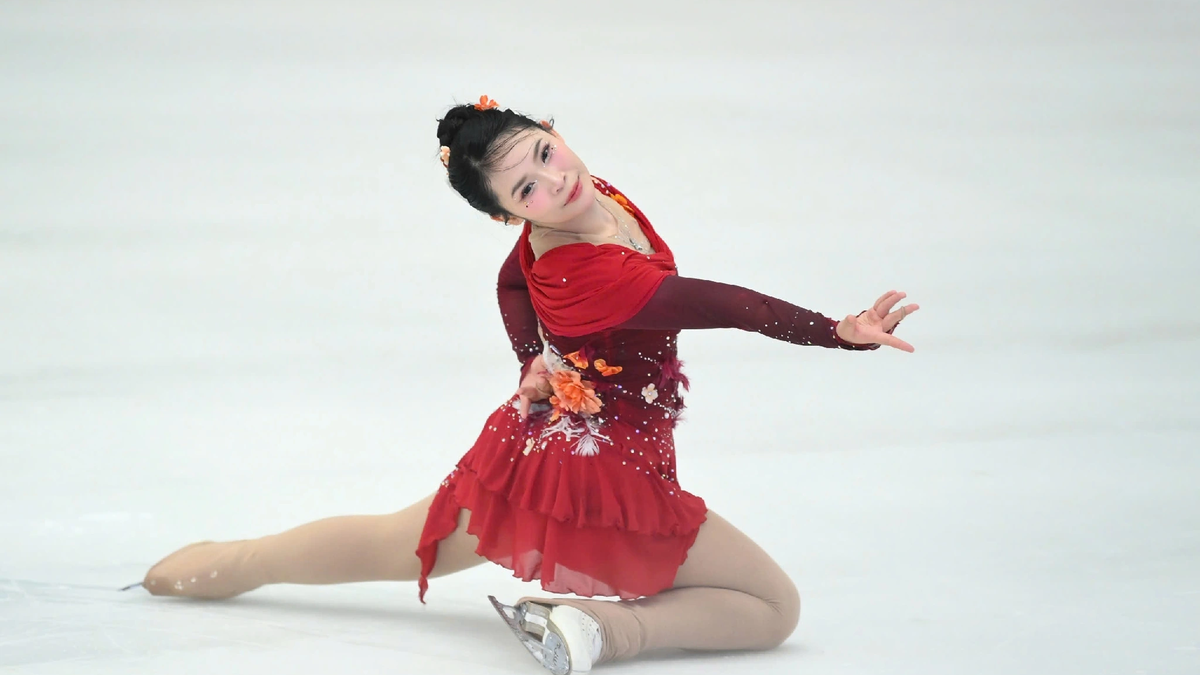


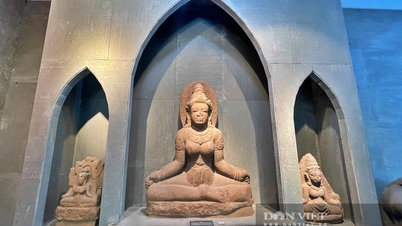

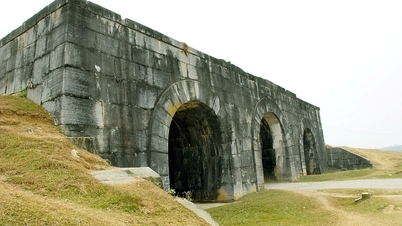


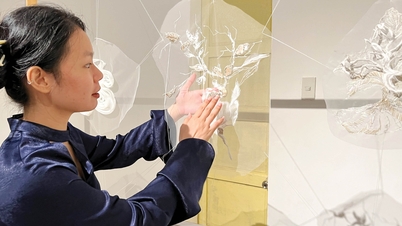


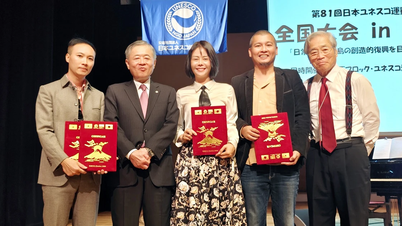


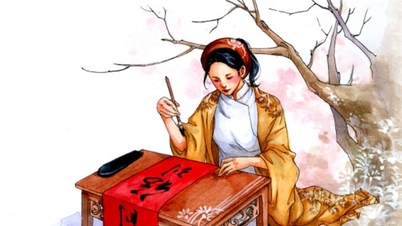
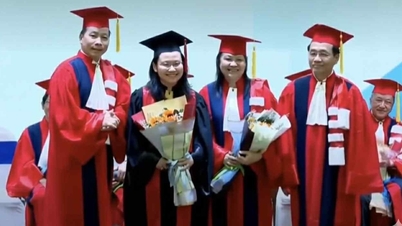



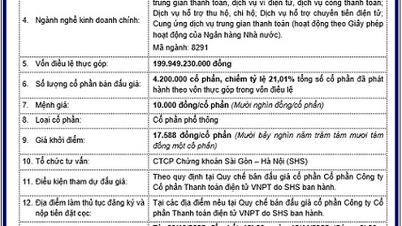
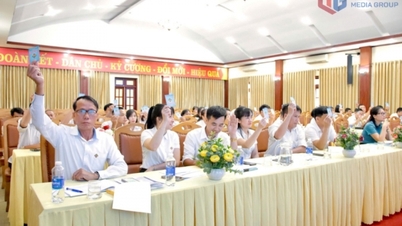

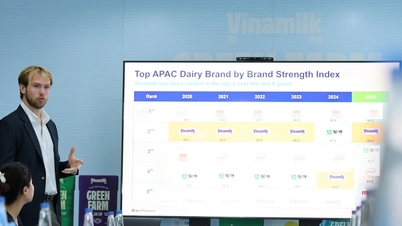












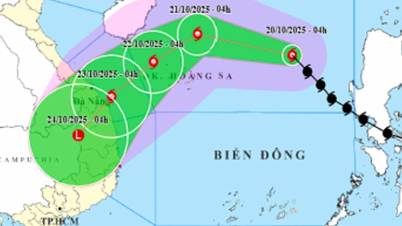

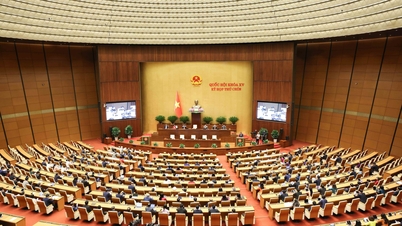

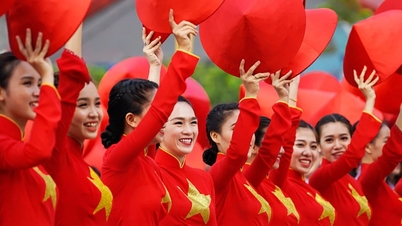



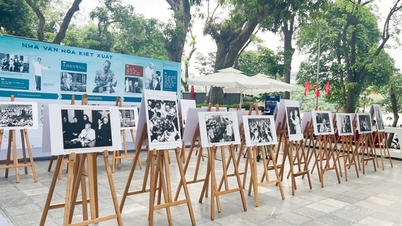

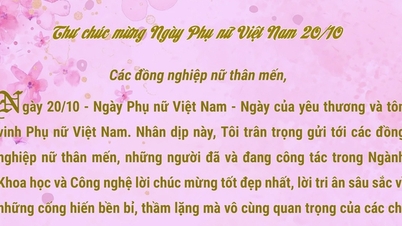

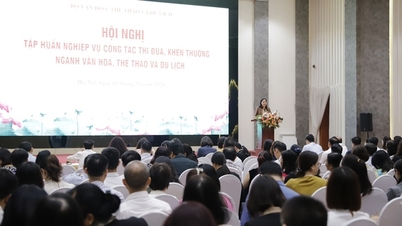

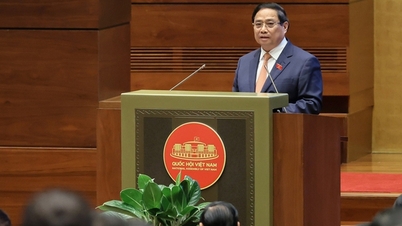








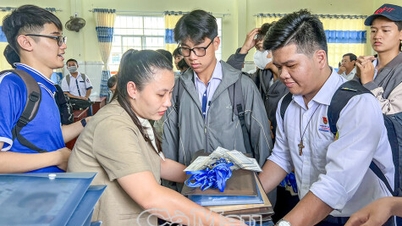














Comment (0)